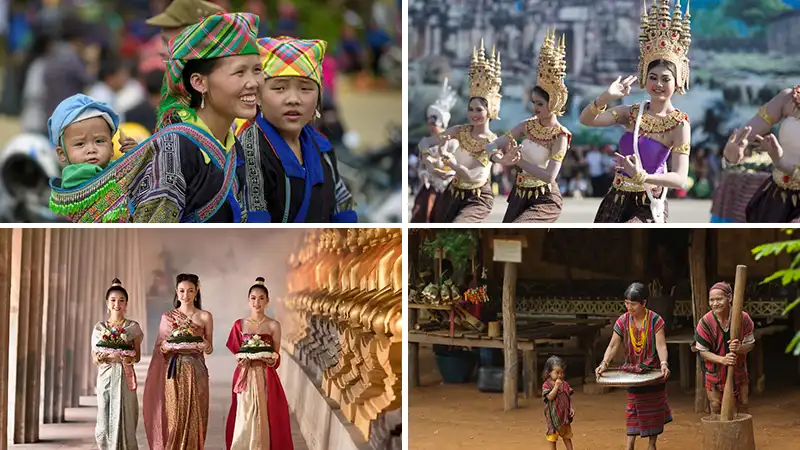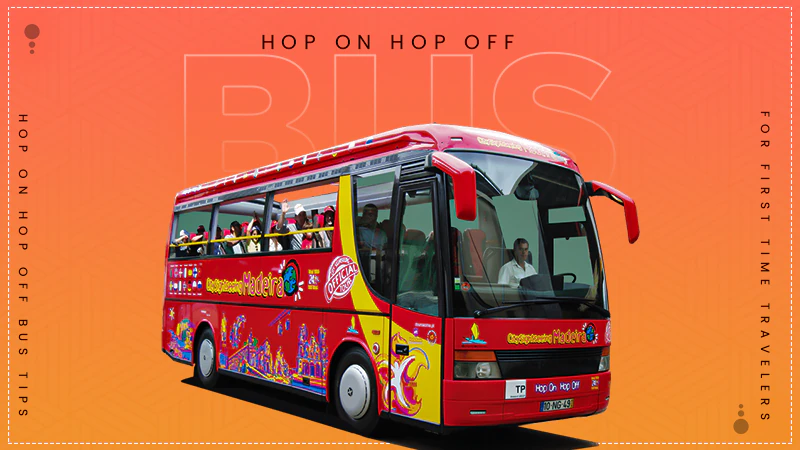
Even though it can be an exciting and enlightening experience, moving to a new nation can also present a number of difficulties. Thailand is a well-liked location for expats because of its pleasant climate, breathtaking scenery, and hospitable culture. However, before you pack your bags and head to the Land of Smiles, it’s important to be aware of some of the cultural differences and customs that you may encounter, including the education system in Thailand. In this blog, we’ll take a closer look at what you can expect when moving to Thailand.
Education System

The education system in Thailand is also worth noting, as it may be different from what you’re used to in your home country. Thai is the primary language of instruction in schools, there are also many international schools in Thailand that offer instruction in English or other languages.
The education system in Thailand is structured as follows:
- Early Childhood Education (ECE): ECE is available for children aged 0-6 years, and is not compulsory. It is typically offered by kindergartens or nursery schools.
- Primary Education: Primary education in Thailand is compulsory for children aged 6-11 years. It lasts for six years and covers grades 1-6.
- Lower Secondary Education: Lower secondary education is offered to students aged 12-14 years and covers grades 7-9.
- Upper Secondary Education: Upper secondary education is offered to students aged 15-18 years and covers grades 10-12. Although it is not obligatory, this level of study is necessary for students who want to go to university.
- Higher Education: Higher education in Thailand is offered by universities, colleges, and vocational institutions. Many courses are offered, including undergraduate and graduate degrees, professional certifications, and vocational certificates.
Friendliness
One of the important things you’ll notice when you arrive in Thailand is the friendliness of the people. Thai people are renowned for their warm and welcoming nature, and you’ll likely be greeted with smiles and “Sawadee ka” (hello) wherever you go. Nonetheless, it’s critical to recognize that respect and hierarchy play a significant role in Thai culture. Age and social standing are highly valued in Thai culture, thus it’s necessary to respect people who are more senior or in positions of power. This may include bowing slightly or using honorifics when addressing someone.
“Face” in Thai Culture
Another important aspect of Thai culture is the concept of “face.” Saving face is a crucial part of social interactions in Thailand, and losing face can be a major source of shame and embarrassment. As a result, Thai people are generally very careful to avoid conflict or causing offense. If you find yourself in a disagreement or conflict with a Thai person, it’s important to remain calm and respectful, as losing your temper or behaving aggressively can cause the situation to escalate quickly.
Buddhist Country
Thailand is a predominantly Buddhist country, and religion plays an important role in everyday life. You’ll likely see numerous temples and shrines throughout the country, and it’s common for people to make offerings or pray at these sites. While you don’t have to be Buddhist to live in Thailand, it’s important to be respectful of the local customs and traditions. This may include dressing modestly when visiting temples or removing your shoes before entering someone’s home.
Food
Food is another important aspect of Thai culture, and Thai cuisine is renowned for its bold flavors and spicy dishes. If you love Thai food, Thailand is the place for you. There are innumerable street sellers, marketplaces, and restaurants there that serve delectable food day and night. If you have a sensitive taste, you might need to request milder versions of several dishes because Thai food can be quite spicy.
Dress
When it comes to dressing, Thailand is generally quite relaxed and informal, especially outside of business settings. However, it’s important to dress appropriately for certain situations, such as when visiting temples or attending formal events. In general, it’s best to avoid revealing clothing or clothing with offensive slogans and to dress modestly when in public.
Tropical Climate
Thailand is known for its tropical climate, with temperatures typically ranging from 25-35°C (77-95°F) throughout the year. While this can be a welcome change for those from colder climates, it’s important to be prepared for the heat and humidity. Make sure to drink plenty of water and wear sunscreen and a hat when spending time outdoors, and take breaks in air-conditioned spaces when needed.
Travel

One of the most enjoyable aspects of living in Thailand is the opportunity to travel and explore the country. Thailand is home to a wealth of natural and cultural attractions, from pristine beaches and lush national parks to ancient temples and bustling cities. However, it’s important to be respectful of the local customs and traditions when visiting these sites. This may include dressing modestly, removing your shoes, and being mindful of your behavior.
Language
In terms of language, Thai is the official language of Thailand, and while many Thais speak English to varying degrees, it’s worth learning some basic Thai phrases to help you navigate everyday life. This may include phrases for ordering food, asking for directions, or greeting people.
Laws and Regulations
Finally, it’s important to be aware of the laws and regulations in Thailand, as they may be different from those in your home country. For example, Thailand has strict laws regarding drug use, and penalties for drug offenses can be severe. It’s also worth noting that the sale and consumption of alcohol is prohibited in certain areas, such as near schools and temples.












